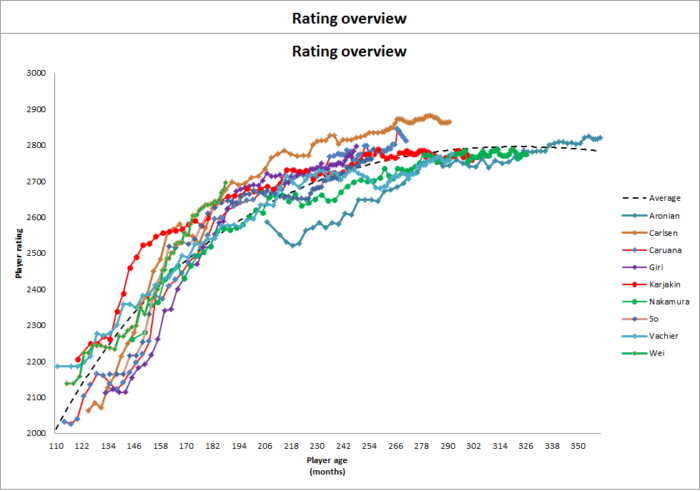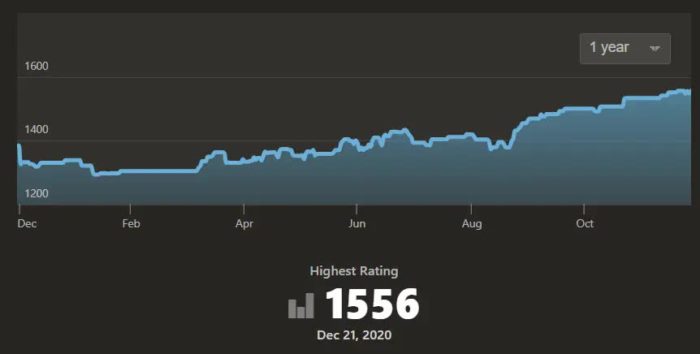How to reform taxes: A chess model
People are proposing wealth taxes
People are talking about taxing wealth. Everyone relies on society so if you own more, you use more and benefited more, they say, so should pay more. Besides, they add, the wealthy can structure what anyone would call income so it doesn’t look like income on taxes so avoid paying any taxes. Moreover, they further add, there’s no “natural” law that makes wealth untaxable, so society can decide what to tax or not. The U.S. once taxes around ninety percent during economic boom times.
Others oppose them
Others criticize the idea. If money people earn can be taken away, they’ll lose motivation to start businesses that help the economy and create jobs, they counter. It will motivate rich people to move away in proportion to their wealth, taking that wealth with them, which will impoverish the nation, they add. They suggest it’s the majority acting as a tyrant.
I hope I haven’t oversimplified what I understand as the main issues.
Chess ratings
Meanwhile, I’m loosely following the chess championship in the sports pages.
You may know that chess is highly competitive. Players devote their lives to it. Everything. To reach the top you have to. Diet, sleep, exercise, studying, and every part of a competitor’s life focuses on chess. They devote themselves and work as hard as anyone in any field.
The chess world rates players based on whom they play and how they do. Players know each other’s ratings. Top ones do all they can to advance. There is no lack of motivation. In other words, there is a healthy competitive market to reach the top of chess.
Look at this graph of how chess players’ ratings improve with time. The horizontal axis is time since the player first got a rating. The vertical axis shows their rating.

Notice they don’t rise linearly. The longer they play, the harder it is to increase the number. You might know that the top players’ tops scores differ by only a few dozen points. Meanwhile, beginners can increase by hundreds of points in a few months, as illustrated by articles like I gained 120 Points in 3 Weeks – My Study Plan and Jose (49) Shares How He Improved 220 Points In 8 Months, which shows growth like this:

The sport shows what might satisfy both sides in the tax situation:
- Highly competitive
- People devote their lives to it
- Anyone can enter
- People play their whole lives
- People promote others to start and advance
- Yet they can’t advance beyond a certain number
Could we create a tax structure with these properties, that motivated people starting businesses, devoting themselves to them for as long as they wanted, helped others to enter the market, without creating large disparities of wealth? I think that’s what it means for a tax structure to be progressive. I suspect Scandinavian countries’ taxes create wealth structures like this, and maybe the U.S. did when top rates were over ninety percent, but I don’t study economic history.
Is it so crazy to imagine capitalists striving to become wealthier and feeling as motivated as ever even when at the higher levels increasing their wealth got harder and harder? I’m not suggesting using exactly the method of chess, which depends on head-to-head competition, but to result in the overall pattern. Nobody looks down on Magnus Carlssen for only being a few points higher than the number two ranked player, or the next highest-ranked person in history.
I don’t pretend changing a nation’s tax structure is easy or even possible, but I do know that it’s easier, when something works, to apply it to a new area than to start from scratch. Well, chess has a model that works.
Read my weekly newsletter

On initiative, leadership, the environment, and burpees